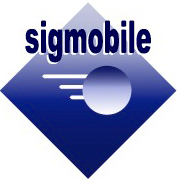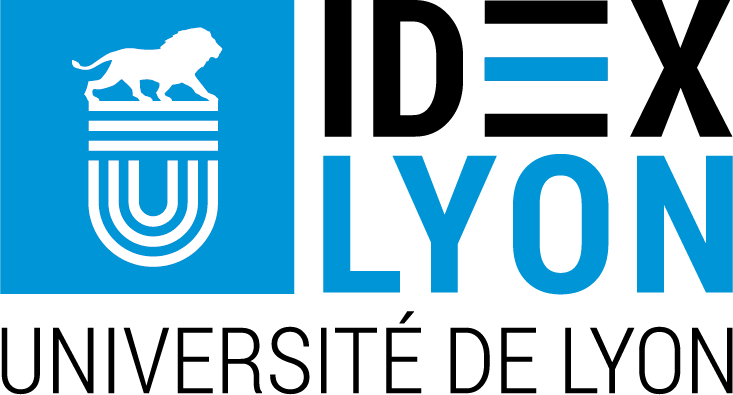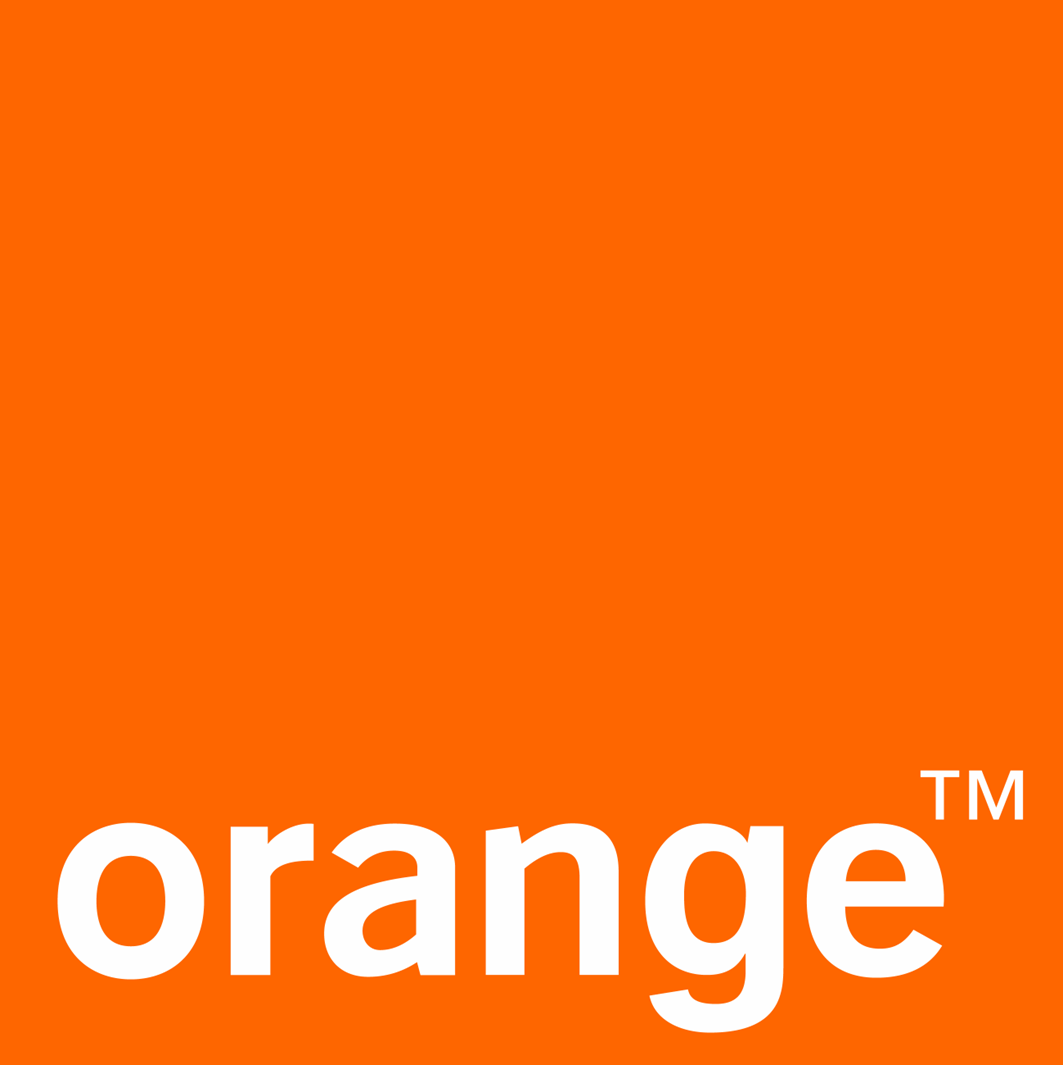Workshops
All the workshops will take place on 17th of February 2020
AWAKE: 1st Workshop on Wake-Up radio technologies for next generation wireless communications
While low power communication has evolved towards multi-kilometer ranges and low bit-rate schemes in recent years, a tradeoff must still be made between power consumption and latency. However, the time of making such trade-off could be over thanks to the emerging technology of Wake-Up radio.
The goal of this workshop is to bring together researchers both from academia and industry to exchange and share their experiences and research results related to Wake-Up radio emerging technology.
The goal of this workshop is to bring together researchers both from academia and industry to exchange and share their experiences and research results related to Wake-Up radio emerging technology.
Important Dates:
| Paper submission: | |
| Acceptance notification: | December 10, 2019 |
| Camera ready: | December 20, 2019 |
OBSN: 1st workshop on On-Body Sensor Networks
Mobile phones have in the past decades turned into sensor-rich devices, accompanied by a large set of extra wearable devices that can be worn on the wrist, arm, hip, around our chests, in front of our eyes, or in our ears. These devices have enriched our way of monitoring our health, keeping track of our fitness, or have improved the way we interact with digital content around us, allowing for instance gestural interactions or activity recognition. This workshop sets out to focus on wearable and networked sensing and actuating devices, and the different methods that are required to keep such devices’ design small and comfortable enough to wear.
Important Dates:
| Paper submission: | |
| Acceptance notification: | December 8, 2019 |
| Camera ready: | December 20, 2019 |
FAILSAFE: 2nd International Workshop on the Engineering of Reliable, Robust, and Secure Embedded Wireless Sensing Systems
Embedded networked sensor systems, such as those found in WSN, IoT, CPS, etc, promise a revolution in monitoring and control. However, real-world examples are proving notoriously difficult to deploy and maintain, and as yet only relatively small scale successes have been published. This workshop will provide a forum to combine the experiences of international researchers, to create a systematic understanding of the challenges of building systems in the face of system and environmental instability, pointing the way towards a science of sensor systems software.
Important Dates:
| Paper submission: | |
| Acceptance notification: | December 10, 2019 |
| Camera ready: | December 20, 2019 |
MaDeLoRa: 1st International Workshop on Massive LoRa Deployments: Challenges and Solutions
LoRa supports various PHY layer parameter settings which impact reliability, coverage, scalability, energy consumption, data rate etc. Network operator have some control on the parameters of the sensor associated with them and are concerned with network planning and capacity. The application designers and end users need to know how to get their needed level of reliability and they have to take into account the specifics of the technology.
The aim of this workshop is to shed the light on the main challenges and solutions of Low Power Wide Area Networks (LPWAN) based on LoRa technology. We solicit contributions in this area from researchers and practitioners in both the academia and industry.
The aim of this workshop is to shed the light on the main challenges and solutions of Low Power Wide Area Networks (LPWAN) based on LoRa technology. We solicit contributions in this area from researchers and practitioners in both the academia and industry.
Important Dates:
| Paper submission: | |
| Acceptance notification: | December 10, 2019 |
| Camera ready: | December 20, 2019 |
Tutorials
All the tutorials will take place on 17th of February 2020
FIT IoT Lab tutorial: "End-to-end application with IoT-LAB testbed"
Through this tutorial, you will learn how to program your own application to publish data issued from remote sensors on a web dashboard. You will be free to choose your favorite OS (Contiki-NG, RIOT, etc) and play with different sensor nodes. The tutorial will be run using the FIT IoT LAB testbed which offers remote and free access to thousands of heterogeneous sensor nodes and communication technologies (802.15.4, BLE, LoRa, Wi-Fi). Some of them are deployed in Lyon, in the building where the tutorial will take place.
You will advance at your own pace, assisted by the FIT IoT LAB engineers team and will have the opportunity to explore some of the features and technologies provided by the testbed.
You will advance at your own pace, assisted by the FIT IoT LAB engineers team and will have the opportunity to explore some of the features and technologies provided by the testbed.
A tutorial on Visible Light Communication: An Academic and Industrial Perspective
The Enlight'em consortium invites the research community to a tutorial on Visible Light Communication (VLC). The tutorial will have two main parts.
The first part will have strong industrial content and will cover three main areas: (1) The importance of the visible light spectrum for future communication networks, (2) Current products, prospective applications, and ongoing work in the R&D labs of some companies, and (3) Standardization efforts.
The second part will have strong academic content and will cover four areas: (1) Hardware Layer: Optical materials used as transmitters and receivers, (2) Physical Layer: Modulation techniques, (3) MAC & Upper Layers plus a demonstration, and (4) Discussion on various research directions using visible light for communication and sensing.
The first part will be delivered during the morning, and the second in the afternoon. Attendees will be able to choose if they want to attend only one or both tutorials.
Contact: Marco Zuniga, TUDelft
The first part will have strong industrial content and will cover three main areas: (1) The importance of the visible light spectrum for future communication networks, (2) Current products, prospective applications, and ongoing work in the R&D labs of some companies, and (3) Standardization efforts.
The second part will have strong academic content and will cover four areas: (1) Hardware Layer: Optical materials used as transmitters and receivers, (2) Physical Layer: Modulation techniques, (3) MAC & Upper Layers plus a demonstration, and (4) Discussion on various research directions using visible light for communication and sensing.
The first part will be delivered during the morning, and the second in the afternoon. Attendees will be able to choose if they want to attend only one or both tutorials.
Contact: Marco Zuniga, TUDelft





